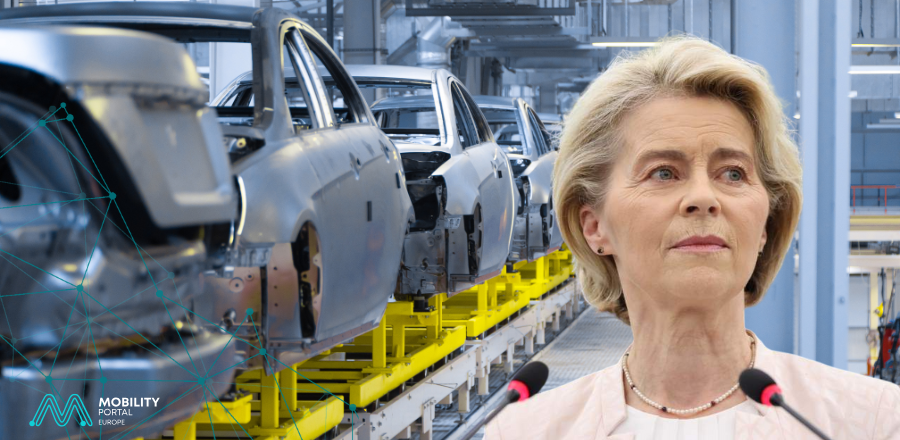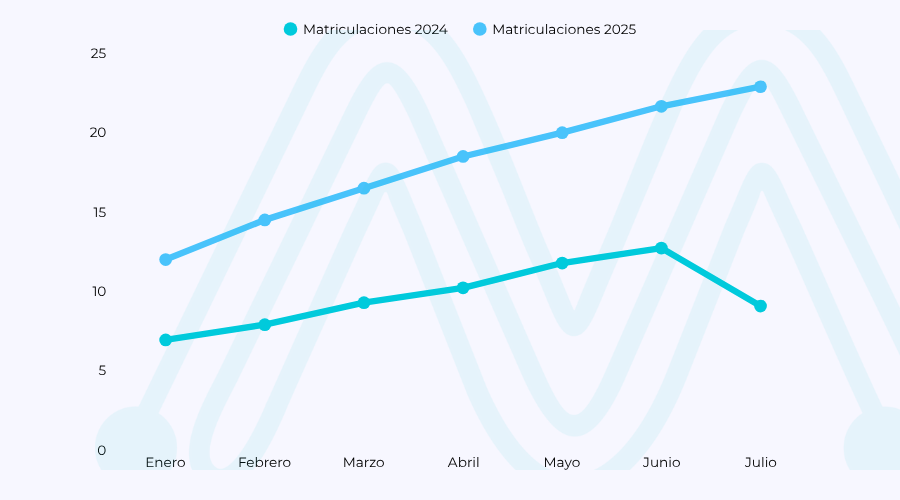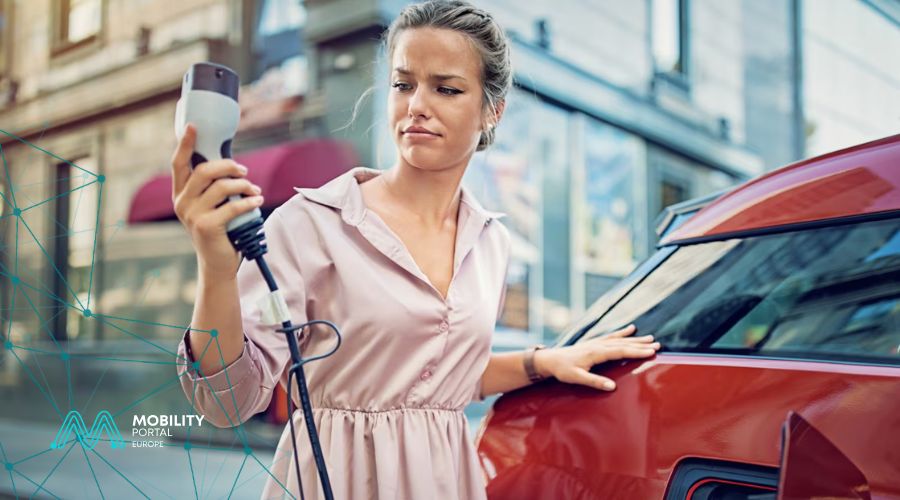Sector associations indicate that, although the European Commission’s regulatory drive was crucial in reducing emissions, a more flexible and balanced framework is required to ensure the feasibility of the E-Mobility transition.
The International Association of Motor Vehicle Manufacturers (VDIK) warns that the current evolution of the passenger car market does not allow for the immediate imposition of penalties.
“We request the immediate suspension of the corresponding CO2 sanctions until the necessary conditions are established to generate the required customer confidence in electric mobility,” they state to Mobility Portal Europe.
For the VDIK, imposing penalties in the current context would represent an additional burden for an industry undergoing transformation.
“The appropriate strategic direction must now be defined,” they note in this regard.
The Federal Association of Consulting for New Mobility (BBNM e.V.) supports the call, highlighting the urgency of greater regulatory alignment with the transition to electric vehicles (EVs).
While the current CAFE regulations have driven improvements in fuel efficiency, they believe these must evolve to fully support the shift towards zero-emissions mobility.
What approach do they propose?
“A modernised one that prioritises the deployment of EVs, the expansion of infrastructure, and the reduction of emissions throughout the lifecycle, rather than relying on outdated internal combustion standards,” they emphasise.
For the industry, regulatory stability is essential.
Manufacturers made significant investments in electrification but warn that without clear incentives and global harmonisation, the sector’s competitiveness could be affected.
“The EU’s regulatory push is sending the right signals, but it needs to be accompanied by pragmatic support measures for the industry,” they assert.
They add: “A balanced political framework must foster innovation, ensure economic viability, and maintain industrial competitiveness, while advancing climate goals.”
For this, collaboration between policymakers and industry leaders is vital to ensure that electrification drives the mobility of the future in a sustainable, efficient, and competitive manner.
Meanwhile, the German Association of the Automotive Industry (VDA) highlights that CO2 fleet regulations need to be reassessed in light of current challenges.
Factors such as global economic uncertainty, trade barriers, and low demand for EVs make the set targets difficult to achieve in the short term.
The VDA advocates for bringing forward the regulatory review to 2025, allowing for more regular assessments and the introduction of urgent adjustments to the framework conditions.
Additionally, they call for the Commission to act swiftly to provide the industry with the flexibility necessary to meet the targets without compromising its investment capacity.
In this context, the German Association of the Automotive Industry (ZDK), which represents dealerships and repair workshops, joins the call.
It argues that the current CAFE regulations do not reflect the market reality.
The transition to electric mobility, they contend, must take into account regional disparities in consumer purchasing power and the availability of charging infrastructure.
“A more flexible and technology-neutral approach is needed to ensure a balanced transition,” they point out to Mobility Portal Europe.
Dealers emphasise that, although manufacturers invested in low-emission technologies, the success of these strategies depends on market acceptance and the supporting policies in place.
Therefore, they urge the European Commission to ensure that any regulatory adjustments consider the entire automotive value chain, from manufacturing to marketing and after-sales service.
“This is essential to achieving the EU’s sustainability and mobility goals, while maintaining economic stability in the automotive sector,” they stress.
European Commission response

In reaction to the sector’s demands, the Commission stated it would evaluate the possibility of introducing greater flexibility in the application of emission standards.
In a recent statement, the institution acknowledged the need to balance climate goals with industrial reality.
In this context, it announced that it would propose a specific amendment to the Regulation on CO2 standards for cars and vans this month.
If approved, it would allow manufacturers to meet their compliance targets by averaging their performance over a three-year period (2025-2027).
This would provide leeway to offset deficits in one or two years with stronger achievements in others, without altering the overall emissions reduction target for 2025.
The Commission will also accelerate preparations for the planned revision of the regulation.
When consulted by the organisation regarding potential updates, they informed Mobility Portal Europe: “At this time, we do not have further details on the timelines.”
READ MORE
-
MPD: España matricula 134.063 vehículos electrificados hasta julio y supera todo 2024
Con un crecimiento interanual del 92%, el mercado de vehículos eléctricos e híbridos enchufables avanza a ritmo récord. El análisis de Mobility Portal Data destaca como Madrid y Cataluña concentran más del 50% del mercado.Aquí, todos los detalles del desempeño eMobility de julio.
-
The UK enters a “decisive” phase: can the network ease charging anxiety enough?
The government recently announced that it has reached 82,000 public charging points. This is a positive sign for those who own or are considering purchasing an EV. However, beyond focusing on quantity, the UK must also prioritize quality. Which areas have the least charger coverage?
-
From Amsterdam to Pamplona: Sungrow targets eMobility leadership with European I+D and local presence
With an innovation centre in the Netherlands and an operational hub in Spain, the global firm combines technology tailored to the European market with local stock, after-sales support, and integrated solutions. Its goal: to lead the EV charging infrastructure market with efficiency and proximity.











